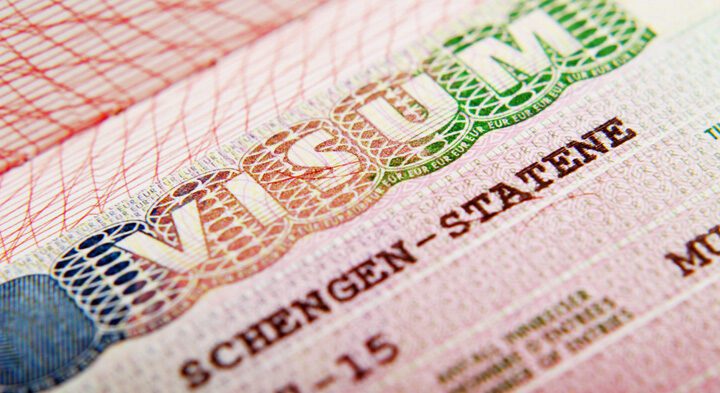
The IND has announced on its website that with effect from 1 January 2019, a number of administrative charges will be increased by 1,7%. In addition, a number of fees will be reduced. The reduced fees are related to EU directives. For a Visa Short Stay or one Schengen visa costs have remained the same.
The fees are indexed annually on the basis of the CLA wage index as calculated by Statistics Netherlands.
Below are the costs for a short stay visa. You have to pay this if, for example, you have your Thai partner come over to the Netherlands for a holiday (the costs for VFS Global are also added and that is 940 THB).
Tip: always apply for a multiple-entry visa for 5 years, because with a single-entry you always have to pay € 60 and the costs for VFS Global. Also make sure that your partner has a new passport that is valid for 5 years because a multiple-entry visa has the maximum duration of validity of the Thai passport.
For an overview of all fees from the IND, click here: Fees IND »
Visa |
|
|---|---|
| Short stay visa (up to 90 days) | |
| First request | € 60 |
| First application children 6 to 12 years | €35 |
| First application children up to 6 years | € 0 |
| Extension | € 30 |
| Extension due to force majeure or for humanitarian reasons | €0 |
| Extension collective travel visa | € 1 |
| Change visa from single-entry to multiple-entry | €30 |


For the Belgians among us, I have now consulted Wikipedia.
“Fees are also referred to as retributions. A retribution means a payment to the government against which there is an individually demonstrable consideration from that government. It concerns an amount that must be paid to the government (or to a competent authority) for the use of their services or products. The fees are charged from the applicant for the service or from the person for whom the service has been provided.”
Honestly, had never read or heard this word before, but the meaning could be deduced from the context.
I suspect that this word is only used in the Netherlands?
Regards, Stan
Thanks for the statement.
The word LEGES is indeed not known in Flanders.
The word 'leges' is included in the Dutch Language Glossary of the Dutch Language Union.
In a 2013 study by the Center for Reading Research, 'leges' was recognized by
91% of the Dutch
22% of Flemish people
'Leges' is a so-called loan word from Latin.
Source: https://nl.m.wiktionary.org/wiki/leges#Woordherkomst_en_-opbouw